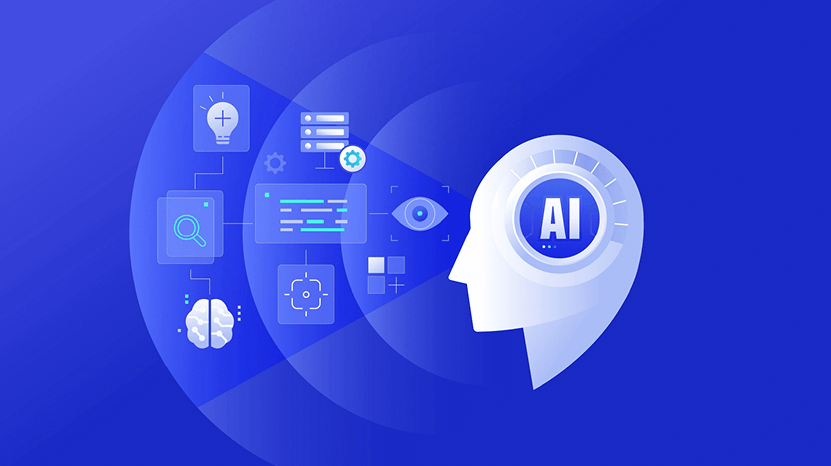- 0243394034
- info@centralcoastseo.com.au
- Google 1st Pages Guaranteed in Writing.
AI Agents vs Large Language Models | The Future of SEO

AI Agents vs Large Language Models | The Future of SEO
The landscape of search engine optimisation is undergoing a seismic shift with the rapid development of artificial intelligence. At SEO North Sydney, we have observed how AI is transforming digital marketing, and one of the most pressing debates today revolves around AI Agents versus Large Language Models (LLMs). While both technologies offer immense potential for enhancing SEO strategies, they serve distinct purposes and bring unique advantages and challenges to the table. Understanding their differences and how they impact search engine optimisation is crucial for staying ahead in this ever-evolving industry.
What Are AI Agents and Large Language Models?
AI Agents and Large Language Models are often used interchangeably, but they function in fundamentally different ways. AI Agents are autonomous systems designed to perform specific tasks with minimal human intervention. These agents can interact with data, learn from past interactions, and refine their decision-making over time. In SEO, AI Agents can manage workflows, automate site audits, track keyword performance, and even generate content strategies based on evolving search trends.
On the other hand, Large Language Models, such as GPT-4, are trained on vast datasets to generate human-like text, answer queries, and process language with remarkable accuracy. These models are invaluable for content creation, keyword research, and generating meta descriptions, but they do not operate autonomously in the same way AI Agents do. While LLMs enhance content production, AI Agents manage SEO processes holistically, making them integral to the future of search marketing.
The Advantages of AI Agents in SEO
AI Agents bring several benefits to SEO by automating complex processes and improving efficiency. One of their primary advantages is their ability to execute SEO strategies with minimal human oversight. Unlike LLMs, which require input and refinement from content creators, AI Agents can analyse vast amounts of data, track ranking fluctuations, and adjust strategies dynamically. This adaptability allows for more responsive and data-driven decision-making, ensuring that SEO efforts align with real-time search trends.
Another key benefit of AI Agents is their ability to manage and optimise technical SEO. From crawl budget allocation to site speed enhancements, AI Agents can identify performance bottlenecks and implement solutions far more efficiently than manual interventions. Additionally, AI Agents can improve internal linking structures, ensuring that websites maintain a logical and search-friendly hierarchy.
The Role of Large Language Models in SEO
While AI Agents focus on operational efficiency, Large Language Models are revolutionising content creation. LLMs generate high-quality, semantically rich content that aligns with user intent and search engine algorithms. They assist in writing long-form articles, generating topic ideas, and even refining on-page SEO elements such as title tags and meta descriptions. The ability of LLMs to process natural language queries makes them particularly useful in optimising for voice search and conversational AI interfaces.
Despite their strengths, LLMs require human oversight to ensure originality, brand alignment, and factual accuracy. While they are capable of producing grammatically sound content, they often lack contextual understanding and unique brand perspectives. This means that although LLMs can streamline content production, human creativity and expertise remain indispensable for crafting compelling and authoritative content.
How AI Agents and LLMs Will Shape the Future of SEO
As AI continues to evolve, the integration of AI Agents and Large Language Models will redefine SEO practices. AI Agents will play an increasingly vital role in automation, handling technical SEO tasks and optimising website performance with greater precision. Their ability to adapt to search engine updates and refine strategies in real time will make them indispensable for maintaining long-term visibility in search results.
Conversely, LLMs will continue to enhance content generation, enabling brands to scale their digital marketing efforts efficiently. However, the reliance on LLMs must be balanced with human creativity to avoid generic and uninspired content. The most effective SEO strategies will combine AI-driven efficiency with human editorial oversight, ensuring that content remains authentic, engaging, and aligned with user intent.
Striking the Right Balance in AI-Driven SEO
The future of SEO will not be dominated by AI Agents or Large Language Models in isolation, but rather by their strategic integration. AI Agents will automate and optimise search strategies, while LLMs will assist in content creation. The key to success lies in leveraging these technologies responsibly, ensuring that human expertise remains at the forefront of SEO decision-making.
At Central Coast SEO, we believe that AI is a powerful tool that should complement, not replace, human intelligence. By understanding the strengths and limitations of both AI Agents and LLMs, businesses can craft an SEO strategy that balances automation with creativity, ensuring sustainable growth in the ever-changing digital landscape.


















